The founder of cryptocurrency exchange FTX owes hundreds of millions of dollars to BlockFi. Where did this amount come from?
Former FTX crypto-exchange CEO Sam Bankman-Fried and former FTX CTO Gary Wang took out loans from trading firm Alameda Research to buy shares in public company Robinhood. Together, they received more than $546 million from Alameda. The situation is also complicated by the fact that ownership of the purchased securities is being challenged by BlockFi. Its lawyers have claimed that Bankman-Fried allegedly promised to transfer the acquired shares to the company. We tell you more about what’s going on.
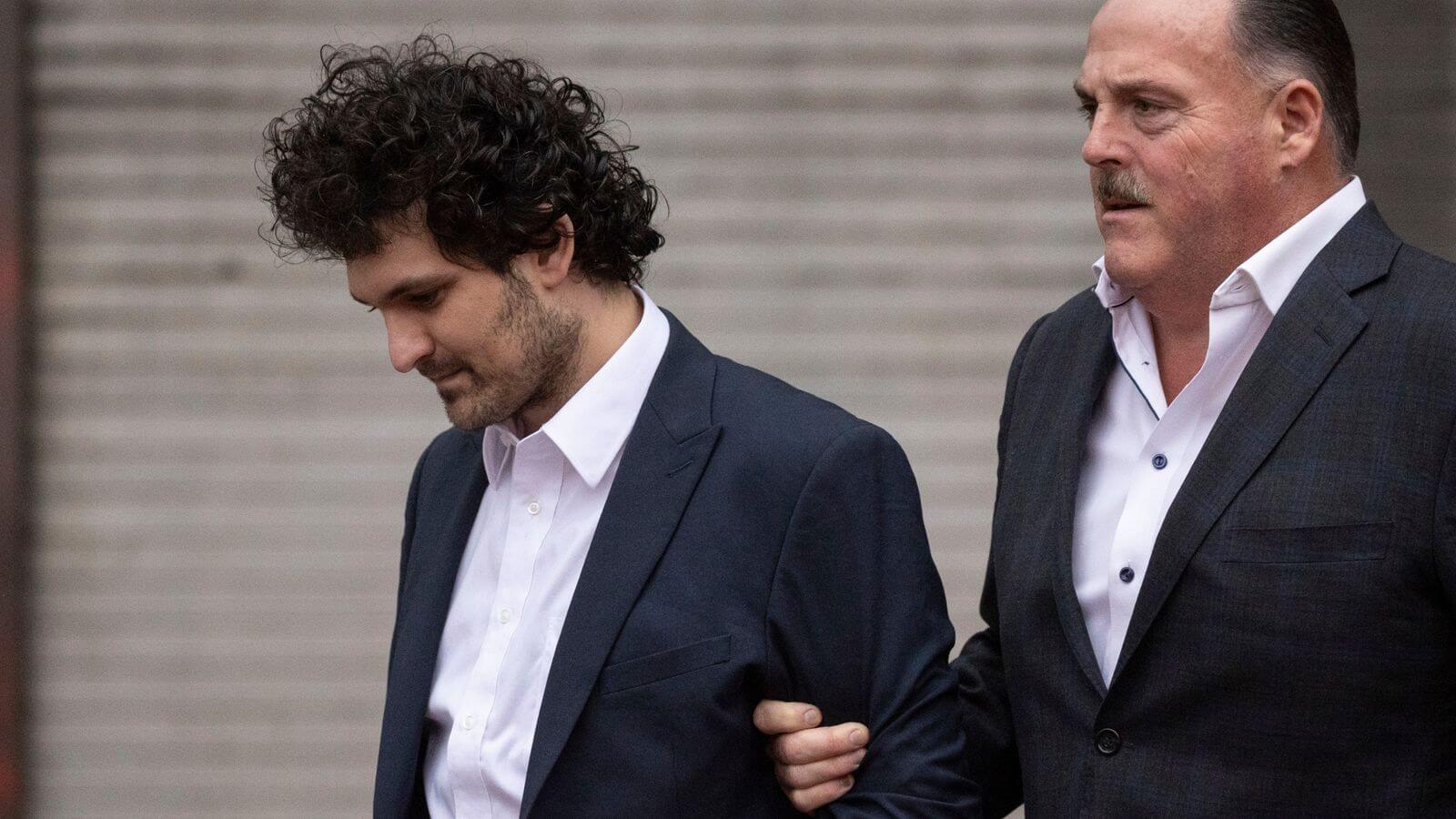
It should be noted that the legal proceedings in the case of FTX founder Sam Bankman-Fried have already revealed many curious things about what’s going on at the company. In particular, documents revealed that FTX co-founder Gary Wang created a hole in the cryptocurrency exchange’s system. It allowed funds from users of the trading platform to be discreetly sent to the accounts of trading company Alameda Research, which was also founded by Sam Bankman-Fried.
Here is the relevant part of the document that confirms this.
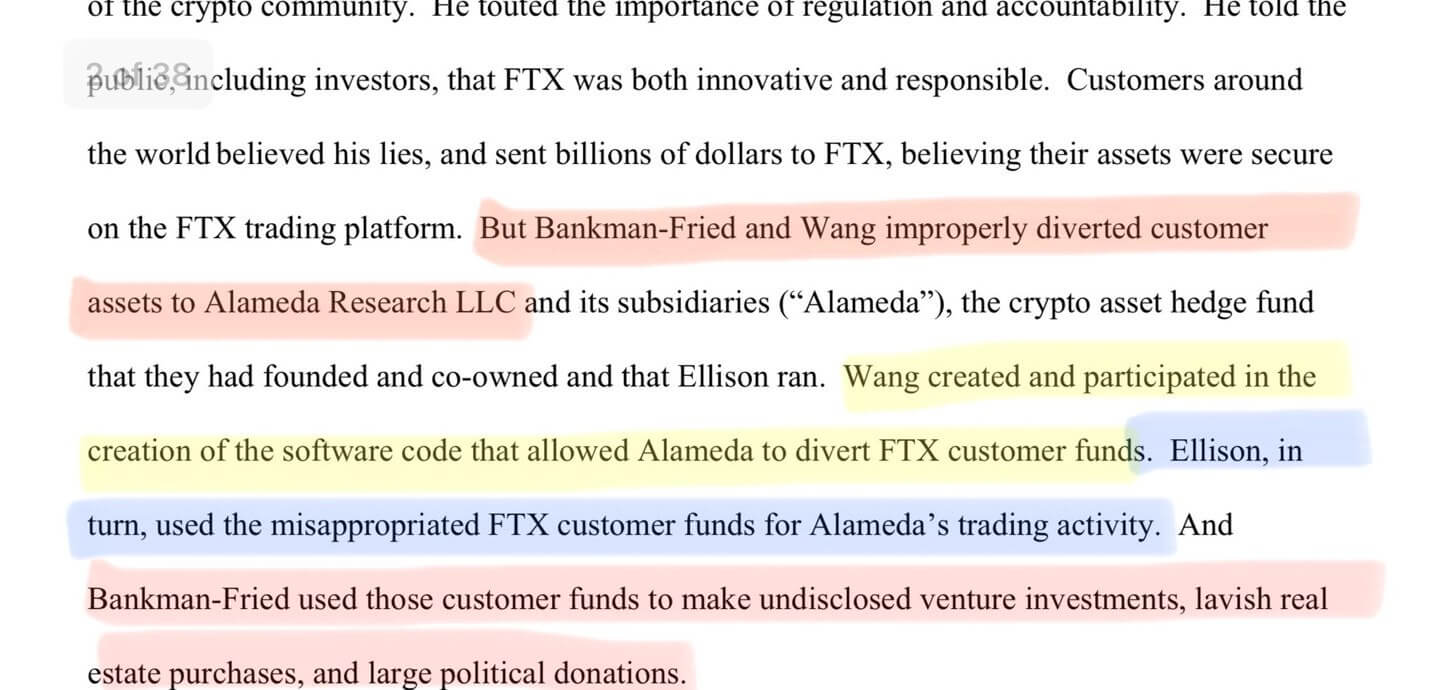
Details of the FTX and Alameda proceedings
As noted further, Sam Bankman-Fried, along with colleague Wang, transferred billions of dollars into Alameda Research’s accounts. This money was then used for the FTX and Alameda management’s own needs. In particular, the funds were sent for donations to politicians, real estate purchases, investments and so on. The case file referred to Alameda’s account as Sam’s personal piggy bank.
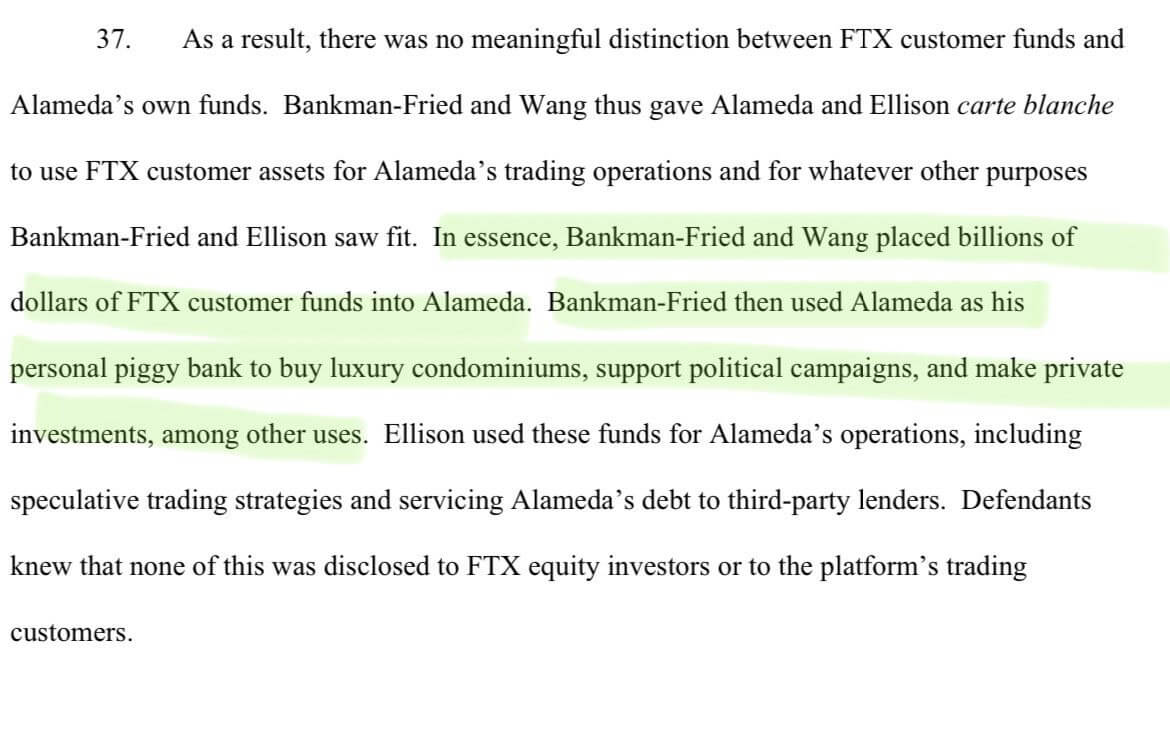
Confirmation that Sam Bankman-Fried used FTX user funds
Now it turns out that some of Sam’s investments were to go to another company. In fact, the latter is now seeking to do just that.
New details of FTX bankruptcy
During the ongoing court proceedings, Bankman-Fried said in an affidavit that he and Wang had set up a new company, Emergent, to acquire shares in Robinhood Markets Inc, better known as Robinhood. The total investment amounted to $546.4 million. Here is a relevant quote from Sam’s statement.
I borrowed an amount of $491,743,563.39 and Gary borrowed an amount of $54,638,173.71 from Alameda. All the amounts confirmed with promissory notes were put into Emergent as working capital so that the company could purchase Robinhood shares.
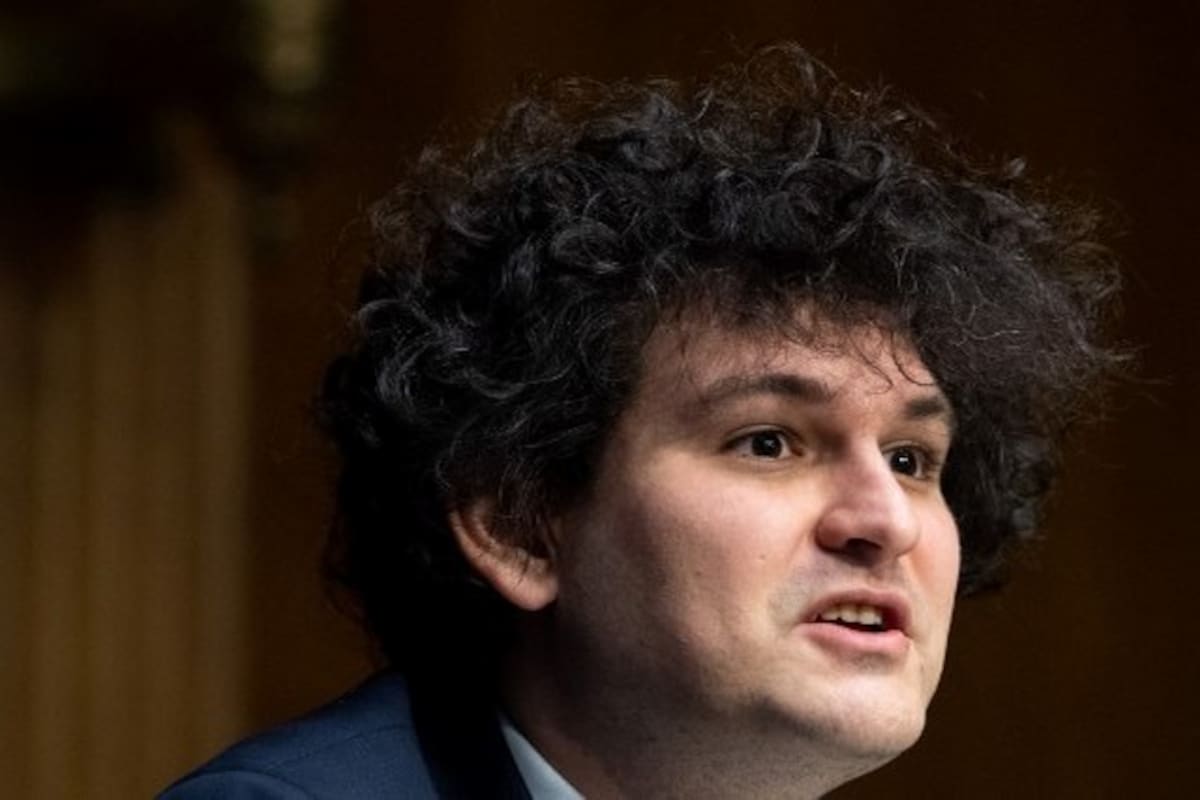
Former FTX executive Sam Bankman-Fried
Complicating matters is that BlockFi had an agreement with Sam under which the securities were to go to the platform. The bankrupt company sued Bankman-Fried in November to get the shares in Robinhood.
According to Decrypt’s sources, Bankman-Fried first bought his 7.6 per cent stake in Robinhood in May 2022. The securities he was to hand over to BlockFi for a reason – it was part of his promises to financially support companies affected by the prolonged crisis in crypto. However, Emergent, owned by Sam, has not fulfilled its obligations under the agreement. If the funds from the deal go to BlockFi, it could recoup some of its losses to customers after its bankruptcy.
😈 MORE INTERESTING THINGS TO COME FROM US AT YANDEX.DEN!
The day before, it was also revealed that Judge Ronnie Abrams has been removed from the FTX bankruptcy trial – she has tendered her own resignation due to a conflict of interest. She will be replaced by Federal Judge Lewis Kaplan.
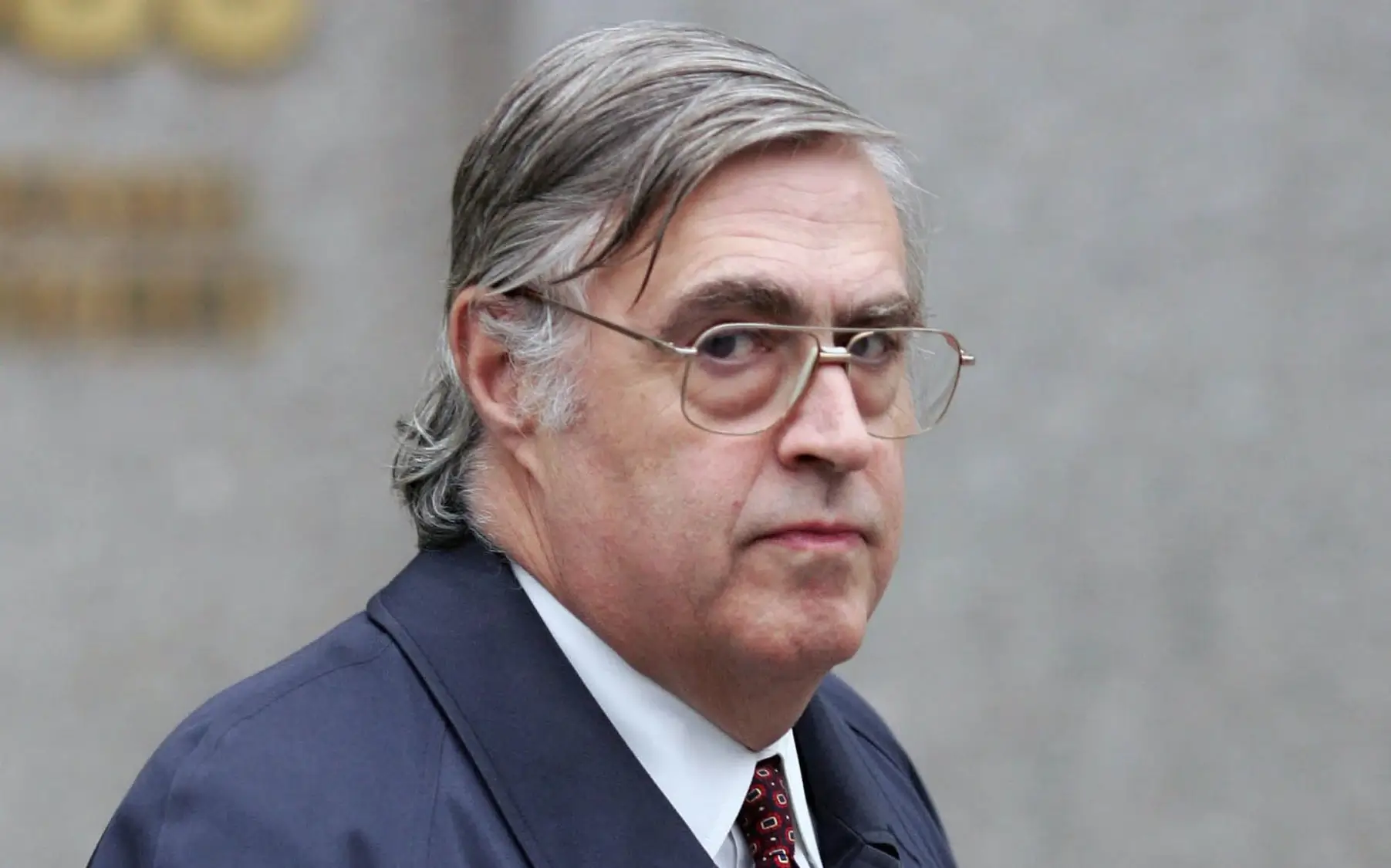
New FTX bankruptcy judge Lewis Kaplan
Judge Kaplan has overseen a number of high-profile court cases – including Virginia Juffre v Prince Andrew, Duke of York, the second son of Queen Elizabeth II, for sexual assault. The case was settled in February. He is also currently overseeing a lawsuit by former journalist Jean Carroll, who accused Donald Trump of defamation when he denied raping her in the 1990s. Kaplan is also involved in a lawsuit against actor Kevin Spacey for allegedly causing “unwanted sexual harassment”.
The 78-year-old judge has been described as having an “unceremonious” style, and he himself is known for his quick decision-making. Most interestingly, Kaplan has experience with crypto cases – he oversaw the first federal prosecution for securities and bitcoin fraud.
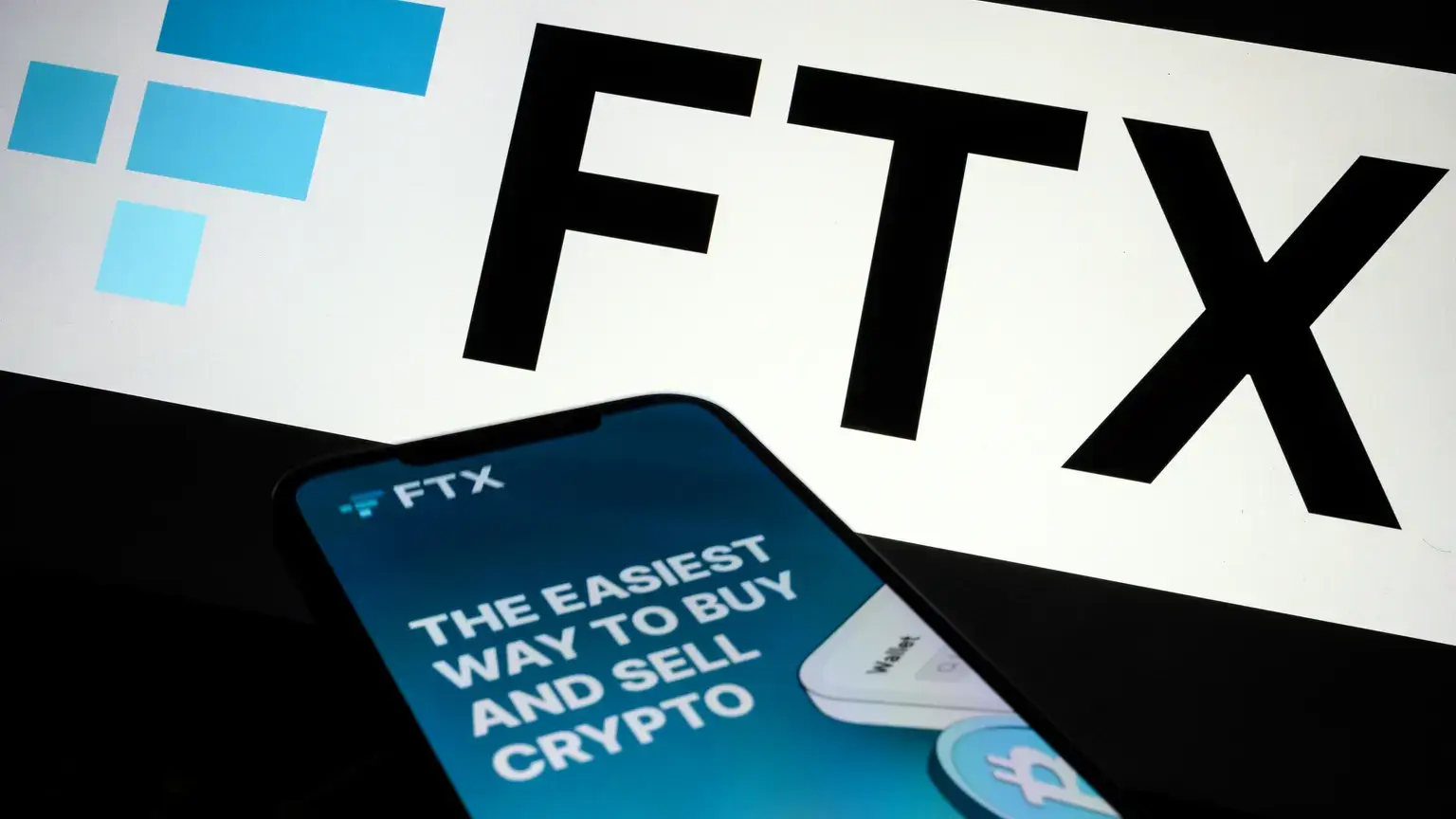
FTX
Although Sam Bunkman-Fried has been released on a pledge to appear, it does not mean that his prosecution under the law will cease. Recall that there are at least eight charges against him for fraud, embezzlement of client funds, money laundering, defrauding the US and violating campaign finance laws. So the final sentence from Lewis Kaplan could be quite harsh – up to and including a lengthy prison sentence.
We think that this situation clearly shows how closely connected some companies are in the cryptocurrency industry. Still, BlockFi faced major problems back in the first half of the year and eventually received financial help from FTX. A few months later, however, the trading platform went bankrupt, with the reason for that being the bankruptcy of the exchange. It looks like the creditors will have a hard time waiting for their own money, because some of the money is stuck in completely different places and pockets.
What do you think about it? Share your opinion in our millionaires’ cryptochat. There we will discuss other important developments from the world of blockchain and decentralisation.















